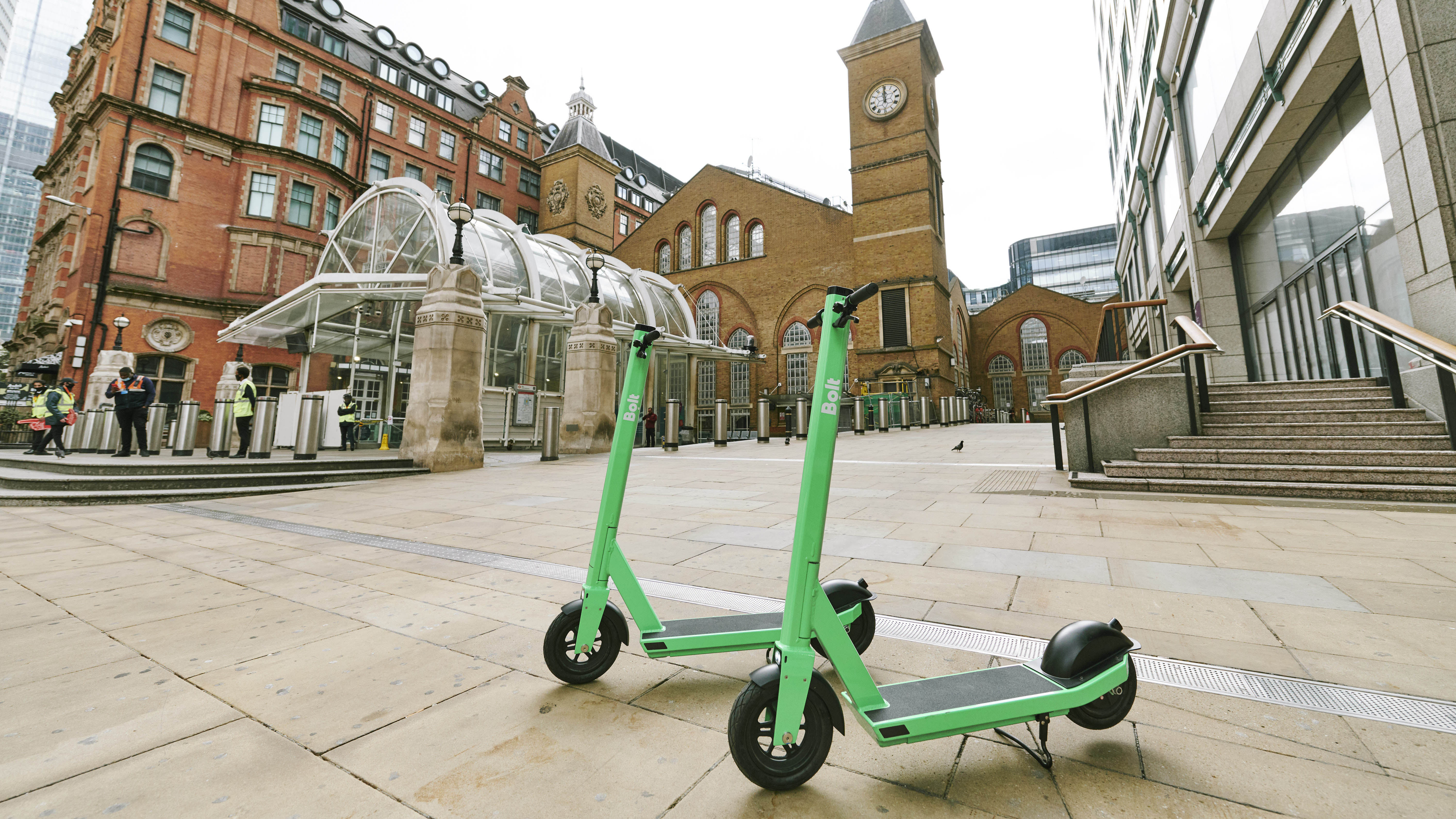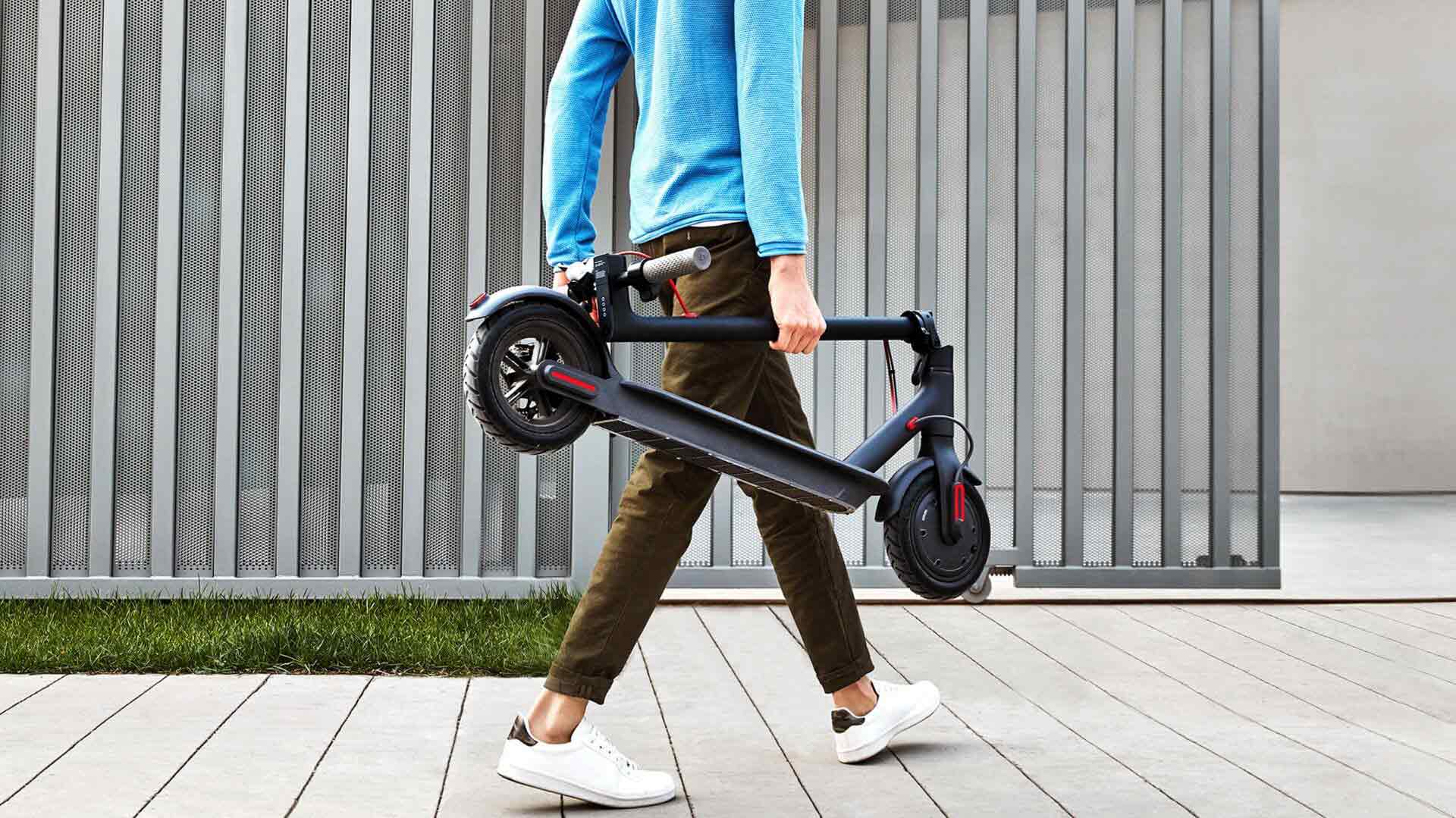Electric scooters to be allowed on UK roads from this weekend
Year-long trial will kick off with legalised scooter rental from July 4th


Get all the latest news, reviews, deals and buying guides on gorgeous tech, home and active products from the T3 experts
You are now subscribed
Your newsletter sign-up was successful
Electric scooters are to be allowed on the UK’s public roads from this Saturday, July 4th, as part of a 12-month trial.
The lifting on a nationwide ban on the use of electric scooters on UK roads will mean they can be legally rented for the first time.
However, privately owned electric scooters still cannot be ridden on public roads, despite their use becoming increasingly popular as commuters look for an alternative to public transport during the coronavirus pandemic.
Despite the law changing, not everyone will be able to use the scooters. The Department for Transport has said riders must be at least 16 years old and have a full or provisional car, motorbike or moped licence.
They are also urged to wear a helmet, although the use of head protection will not be a legal requirement, and all electric scooters used on public roads in the UK must have their top speed limited to 15.5mph. They cannot be used on pavements or other pedestrianised areas.

As well as providing people with an alternative to using public transport during the Covid-19 pandemic, the legalising of rented e-scooters will give commuters a cheap, easy and environmentally-friendly way of travelling.
The first UK e-scooter rental services could be up-and-running as early as next week, starting in Middlesbrough. Dozens of local authorities have expressed interest in the government running electric scooter trials.
Get all the latest news, reviews, deals and buying guides on gorgeous tech, home and active products from the T3 experts
Most electric scooters have a range of approximately 15 to 30 miles, making them well-suited to socially-distanced commuting and trips across town. They could also help reduce vehicle traffic and pollution in congested cities like London.
Transport minister Rachel Maclean said: “As we emerge from lockdown, we have a unique opportunity in transport to build back in a greener, more sustainable way, which could lead to cleaner air and healthier communities. E-scooters may offer the potential for convenient, clean and cost-effective travel that may also help ease the burden on the transport network, provide another green alternative to get around and allow for social distancing.”
The 12-month trial will help local councils and rental service providers work out how best to distribute the scooters, whether they will use docking stations or not, how they will have their batteries charged, and how many each company will be allowed to operate.
That last point will be key, as rental firms across Europe and the US have been criticised for introducing too many scooters, which are left abandoned on pavements causing obstructions and trip hazards for pedestrians.
Liked this?

Alistair is a freelance automotive and technology journalist. He has bylines on esteemed sites such as the BBC, Forbes, TechRadar, and of best of all, T3, where he covers topics ranging from classic cars and men's lifestyle, to smart home technology, phones, electric cars, autonomy, Swiss watches, and much more besides. He is an experienced journalist, writing news, features, interviews and product reviews. If that didn't make him busy enough, he is also the co-host of the AutoChat podcast.